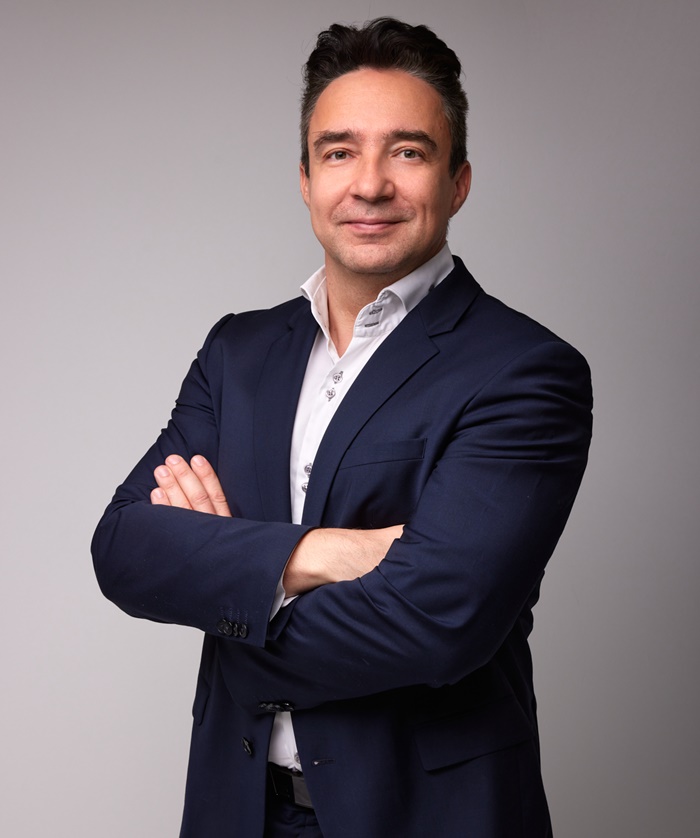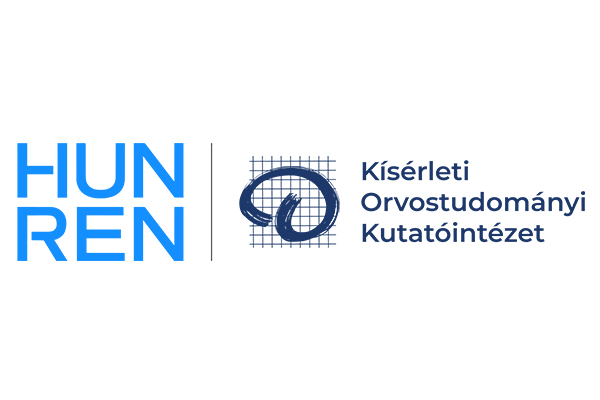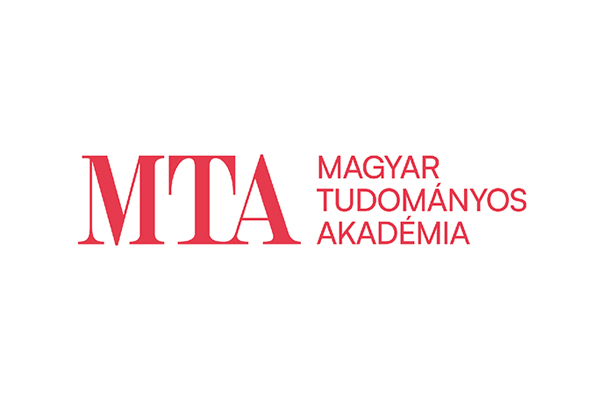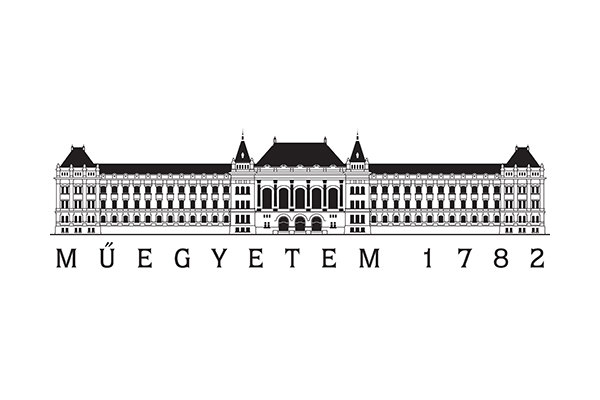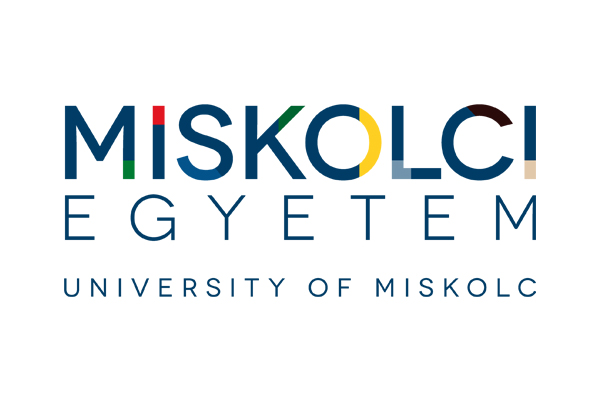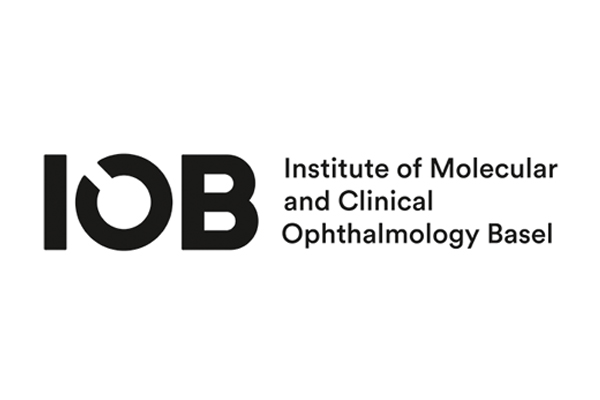Prof. dr. Balázs Rózsa
Prof. Dr. Balázs Rózsa is one of the founders of the BrainVisionCenter. He is the Founder and Managing Director of the BrainVisionCenter Research Institute and Competence Centre. His unconcealed aim is to give new impetus to brain research, vision restoration and the development of further brain-related therapies by bringing together uniquely complex knowledge and creating world-class infrastructure.
Among his dozens of internationally registered patents, mainly related to brain research technologies, BrainVisionCenter is particularly interested in the development of an acousto-optical multiphoton laser scanning technology that enables millions of times faster measurements in 3D compared to classical laser scanning microscopes.
Balázs Rózsa was a student at two universities at the same time. He studied physics, mathematics and biophysics at the Faculty of Natural Sciences of Eötvös Loránd University where he graduated in physics in 2001 and then, in 2007, he completed his PhD studies summa cum laude in neurosciences at Semmelweis University.
Since 2002, he has been involved in the research of the Institute of Experimental Medicine of the Hungarian Academy of Sciences. From 2005 to 2008 he was the leader of the two-photon microscope development team, from 2008 he is the leader of the three-dimensional two-photon microscope development team. Since 2010, he has been the Head of the Two-photon Imaging Laboratory at Pázmány Péter Catholic University and works at the Two-photon Imaging Centre of the Institute of Experimental Medicine. In the latter, he has been the Head of the Neuronal Networks and Dendritic Activity Research Group since 2016.
His expertise and research cover a very broad range of areas. His expertise ranges from IT, electronics, optics and mechanical engineering to a broad knowledge in laser physics, laser scanning, nonlinear optics and neural network imaging. His scientific interests include dendritic signal integration studies, fast 3D two-photon imaging, and electrophysiological measurements in in vitro and in vivo experiments.
Since 2007, he has been the supervisor of numerous national and international scientific applications. He has authored and co-authored dozens of national and international scientific publications and given nearly half a hundred international presentations.
The outstanding quality of his knowledge and work is reflected in a series of prestigious awards and recognitions:
Dennis Gabor Award (2024)
Innovation Award, National Intellectual Property Office (2024)
Jedlik Ányos Award for Outstanding Achievement in Invention (2022)
Innovation Award, From Basic Research to Market, NKFIH (2020)
Business Person of the Year Award, in the category of Improvement of Quality of Life, Ernst and Young (2017)
ERC Consolidator Grant, One of the seven best ERC applications (2016)
In the same year, it was also featured on the EU website as the first Hungarian ERC application
Business Person of the Year Award, in the category of Bold Innovator, Ernst and Young (2014)
Magyary Zoltán Postdoctoral Fellowship, in the category of Encouragement and Recognition of Outstanding Research and Development Achievement (2013)
Innovation Award, National Intellectual Property Office (2012)
PNAS first authored article (shared). Outstanding Scientific Achievement of the Year (2008, FENS)
Junior Prima Prize, Hungarian Science category (2007)
